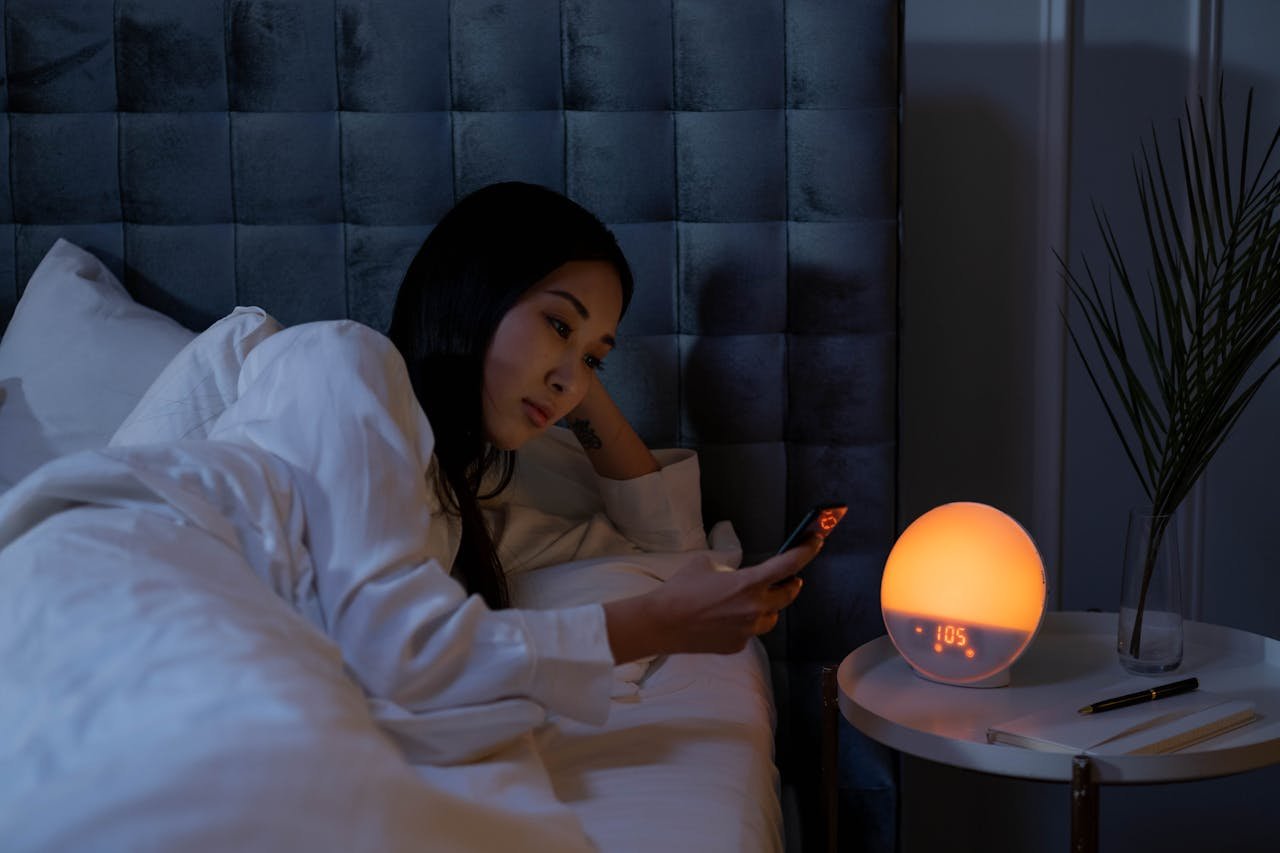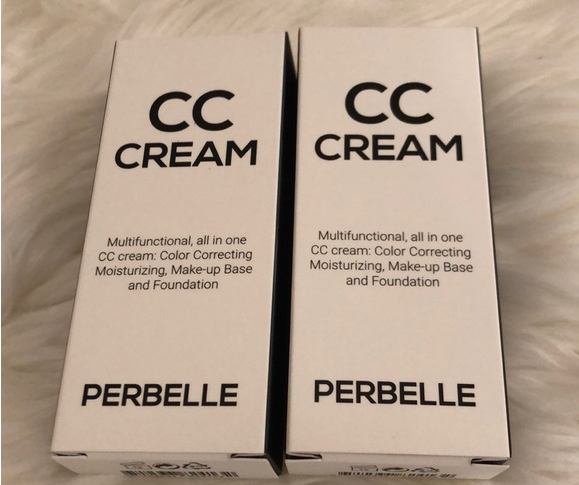Getting enough sleep is crucial for overall health, and the time you go to bed can impact the quality of your rest. Age plays a significant role in determining the optimal time for sleep, as each stage of life has different sleep needs. Here’s a guide to help you understand the best time to go to bed according to your age, so you can wake up refreshed and ready for the day.
Why Does Age Affect Sleep?
As we age, our bodies go through changes that influence our sleep cycles. Children and teenagers, for instance, need more sleep for growth and development, while adults and seniors may require less but still need high-quality sleep. Circadian rhythms also shift with age, which can affect the best time to go to bed for optimal rest.
Best Bedtimes for Each Age Group
Here’s a breakdown of recommended bedtimes and sleep durations according to age.
1. Infants (0–12 Months)
- Recommended Sleep Duration: 12–16 hours (including naps)
- Optimal Bedtime: Between 7:00 p.m. and 8:00 p.m.
- Why: Infants need plenty of sleep for rapid growth and brain development. Early bedtimes also help establish healthy sleep habits from a young age.
2. Toddlers (1–3 Years)
- Recommended Sleep Duration: 11–14 hours (including naps)
- Optimal Bedtime: Between 7:00 p.m. and 8:30 p.m.
- Why: Toddlers are highly active, and consistent sleep is essential for their growth. Setting a regular bedtime helps regulate their internal clock and prevents overtiredness.
3. Preschoolers (3–5 Years)
- Recommended Sleep Duration: 10–13 hours
- Optimal Bedtime: Between 7:30 p.m. and 9:00 p.m.
- Why: Preschoolers benefit from routines. Going to bed at the same time every night helps improve behavior, learning, and emotional regulation.
4. School-Aged Children (6–12 Years)
- Recommended Sleep Duration: 9–12 hours
- Optimal Bedtime: Between 8:00 p.m. and 9:00 p.m.
- Why: School-aged children need sufficient rest to concentrate and succeed academically. Consistent bedtimes improve cognitive function and physical health.
5. Teenagers (13–18 Years)
- Recommended Sleep Duration: 8–10 hours
- Optimal Bedtime: Between 9:00 p.m. and 10:30 p.m.
- Why: Teenagers experience a natural shift in circadian rhythm, often leading to later bedtimes and wake-up times. While they may feel more alert in the evenings, maintaining an early bedtime helps them meet school demands and stay healthy.
6. Young Adults (18–25 Years)
- Recommended Sleep Duration: 7–9 hours
- Optimal Bedtime: Between 10:00 p.m. and 11:00 p.m.
- Why: This age group often has busy schedules, including school, work, or social activities. Sticking to a consistent bedtime supports overall well-being and productivity.
7. Adults (26–64 Years)
- Recommended Sleep Duration: 7–9 hours
- Optimal Bedtime: Between 10:00 p.m. and 11:00 p.m.
- Why: Adults benefit from a regular sleep routine to manage stress and maintain good health. Going to bed early helps ensure they get enough rest to manage daily responsibilities.
8. Older Adults (65+ Years)
- Recommended Sleep Duration: 7–8 hours
- Optimal Bedtime: Between 9:00 p.m. and 10:00 p.m.
- Why: Many older adults find they wake up earlier, so going to bed earlier ensures they still get enough sleep. Quality rest is important for cognitive health and physical recovery in later years.
Tips for Better Sleep at Any Age
- Create a Bedtime Routine: Doing calming activities like reading or meditation can signal to your brain that it’s time to wind down.
- Limit Screen Time Before Bed: Blue light from phones and computers disrupts melatonin production, which can delay sleep.
- Maintain a Consistent Schedule: Going to bed and waking up at the same time each day supports a healthy circadian rhythm.
- Create a Sleep-Friendly Environment: A cool, dark, and quiet bedroom helps promote restful sleep.
Final Thoughts: Getting Quality Sleep for Better Health
The best bedtime varies by age, but good sleep hygiene and consistency are key for all age groups. By following these guidelines, you can make sure you’re getting the rest your body and mind need to thrive.
Want more tips on health and wellness? Visit Pump It Up Magazine for articles on optimizing your sleep, boosting mental health, and achieving a balanced lifestyle.
Photo by cottonbro studio:










